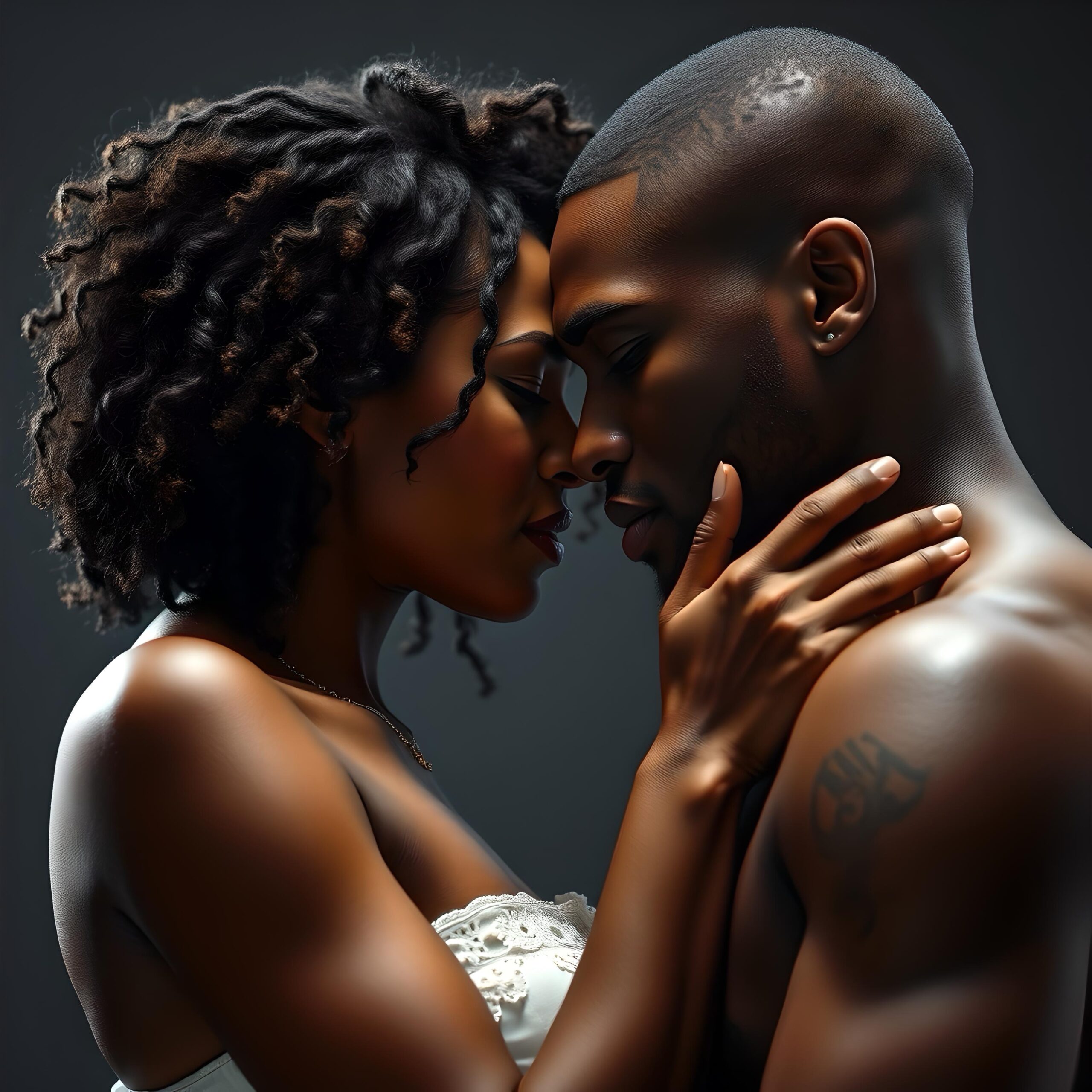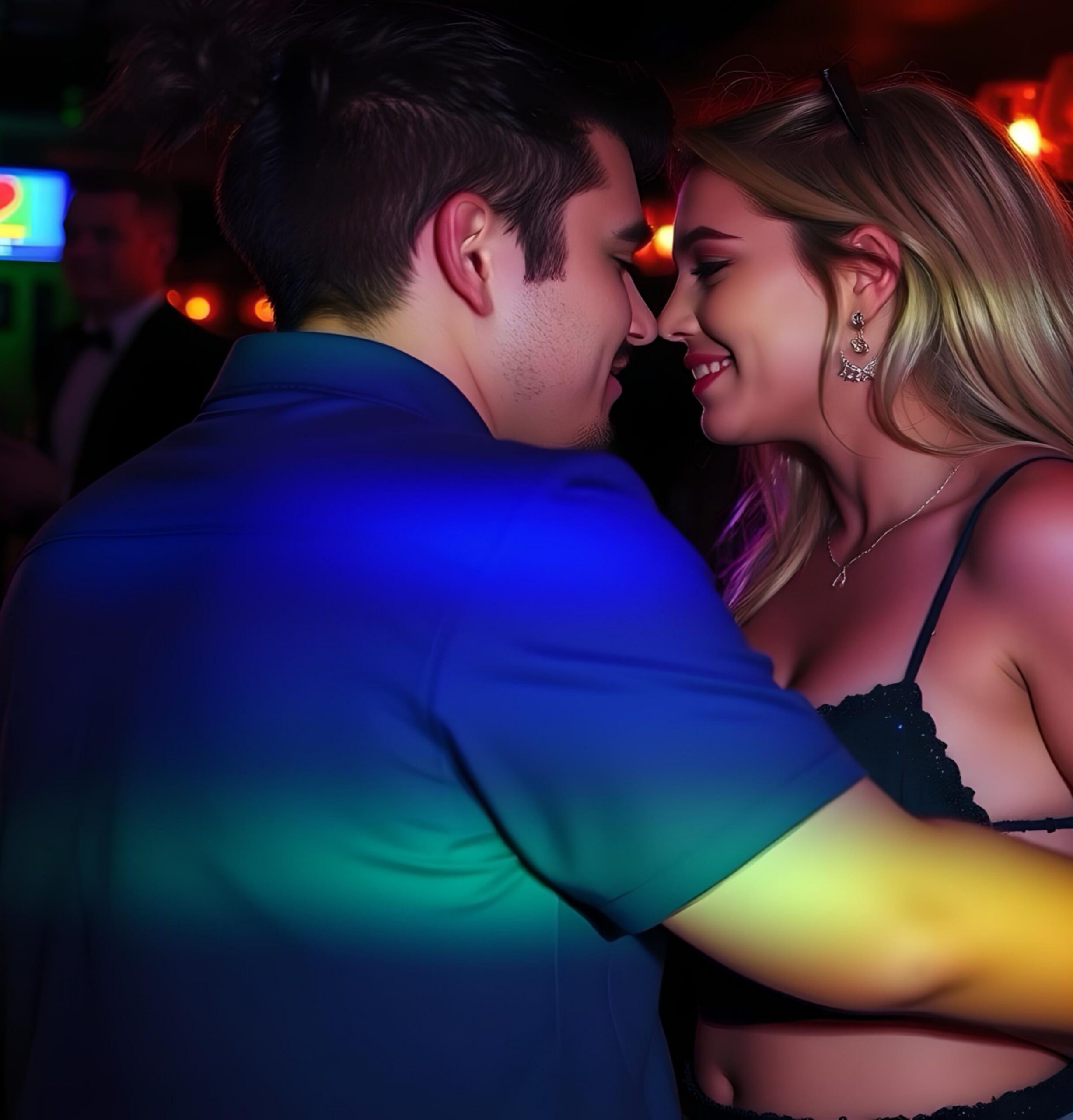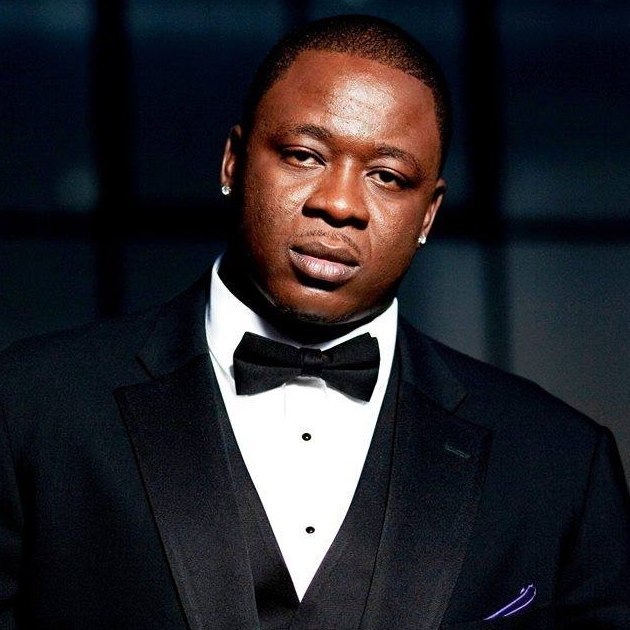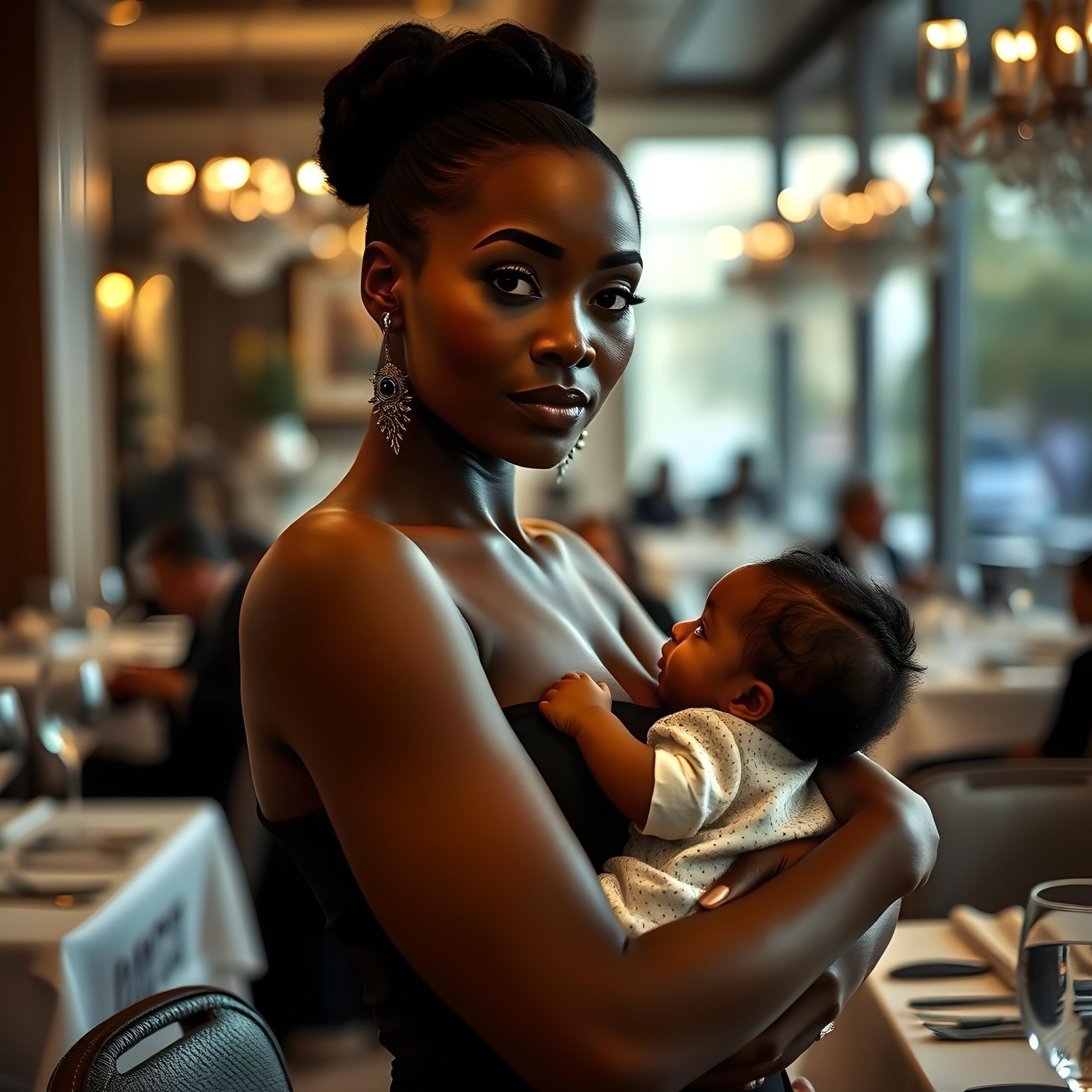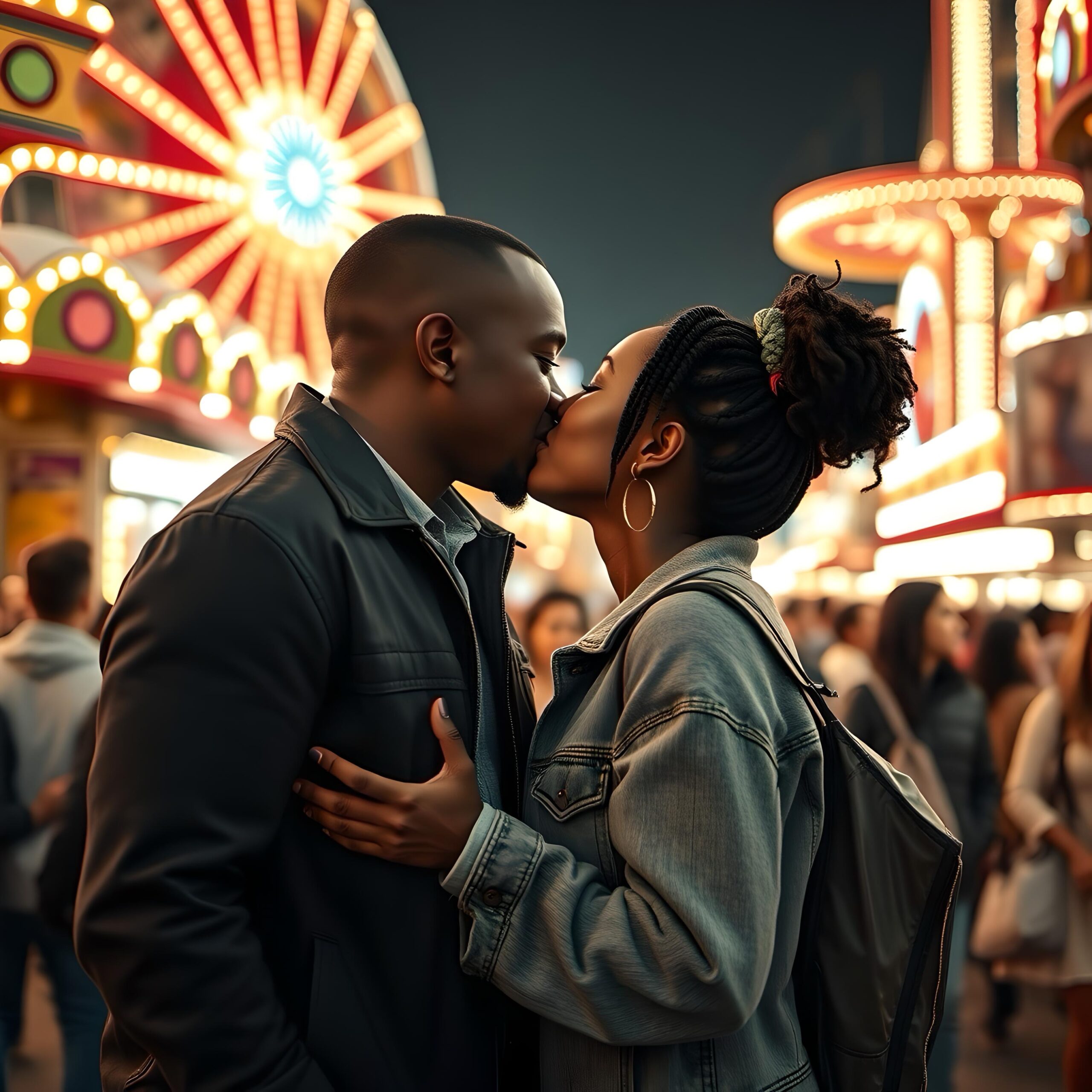Before radical feminism introduced concepts like rape hysteria, sexual harassment, and identity politics, the dating culture in the United States was friendly. Women and men coexisted cordially. If a man knew how to navigate his city, he could easily find ready and willing romantic opportunities. Knowing how to navigate included dressing well, maintaining good hygiene, having a passionate dream, being aware of cultural trends, playing appealing music, and driving a car. During that time, there was no GPS, Viagra, Netflix, YouTube, or Uber. Instead, men relied on MapQuest, alcohol, weed, and motels to conjure the best dating possibilities. In the 1990s, feminists had urged women to be open to casual sex, with some braving to perform oral sex.
I recall university sex toy parties where women gathered with drinks to learn about sex gadgets. Radical feminists (older ladies) gained access to women at universities and showed up with bags full of vibrators and dildos. They provided alcohol and taught the university girls how to pleasure themselves with sex toys. There was no rape hysteria and no feminist was talking about sexual harassment then. Most of those university girls who learned how to give better blow jobs or how to use sex toys at home did so with the intent to improve their skills in the bedroom. The next time they were with a man, they impressed him with it. I remember being terrified when my girlfriend (at the time) debuted a humongous rabbit during our intimate moment.
At twenty-five, untouched by such gadgets, it was a jarring revelation. Her explanation (a demonstrator at her sorority, peddling pleasure devices and instruction) left me stunned. The rabbit, when activated, throbbed with vigorous intensity. Her intent to explore its capabilities, declared with resolve, confronted me with an insurmountable chasm. My inability to reconcile myself with this aspect of her unveiled self precipitated our separation. The experience left a lasting impression. Engaging in a sexual relationship with women was relatively straightforward back then. Once involved, intimacy occurred rather frequently. A man’s main task was to initiate contact, facilitate the dates, and be patient. The woman’s patience depended on the situation.
Some women had an unwritten rule not to sleep with a new partner on the first few dates, claiming they wanted to discern whether he truly loved them or was only looking for sex. During that time, the feminist movement also encouraged women to embrace casual relationships, such as having frequent one-night stands, as a form of sexual freedom. Increasingly, many women were open to sex on the first date and did not hesitate to have intimacy with a stranger or outside of a committed relationship. Meeting for one-night stands, particularly, occurred in bars or nightclubs. Those who indulged in cigarettes, alcohol, or drugs like cocaine or ecstasy often went out in groups, making threesomes, foursomes, or gang bangs kinky possibilities.
However, the influence of religion was undeniable in the sexual lives of conservative American women. Dating one presented a different challenge. Patience was key. After a month, she might reveal her favorite lingerie from Victoria’s Secret. Most conservative religions have specific guidelines regarding sex, making it essential to understand a woman’s beliefs before pursuing anything with her. In conservative circles, sex before marriage or outside of a serious, exclusive relationship is frowned upon. There was a belief that married men should not engage in sexual activities outside their marriage. As mentioned above, American women can be conservative. When you started a conversation about sex, back then, they either ignored you or changed the subject.
Many women believed that everything about sex should take place in private. However, in the United States, public displays of affection are permissible. Kissing or hugging your partner too closely in public was not a scene. Still, some of the conservative girls (18 to 25 years old) were secretly promiscuous. They found dating apps helpful in finding “bad boys” outside their immediate circle. He would stop by, pick them up, and take them to a secret location where they enjoyed an evening of intimate passion discreetly. Please keep in mind that I’m now 47 years old. The 18 to 25-year-olds I refer to from the 2000s are in my age group. Back then, many attractive women (whom we referred to as “girls” and they referred to us as “boys”) didn’t register on dating apps.
Tinder didn’t exist yet. These were mature women in their mid-to-late twenties and early thirties. The users of the online apps back then were mainly overweight single mothers. They were undesirables who couldn’t find a boyfriend. Occasionally, you’ll find a suitable match with someone who wants the same thing. A young man had to choose the woman he liked. He could start chatting with her. After getting to know each other, they would decide on a location and time to meet. If he knew his way around and had some experience, their relationship would blossom. Following 2012, radical feminists gained considerable influence across various sectors, including government, corporations, educational institutions, judicial systems, and online platforms.
Many radical feminists became computer programmers, data analysts, and hackers, actively interfering with the flow of information on the internet. They utilized these roles to reshape language related to romance. They have introduced a new lexicon centered around concepts such as dickshaming and surounding rape and sexual harassment. Notably, they substituted the term “dating culture” with “rape culture.” On university campuses today, radical feminists accuse men. As a result, discussions about allegations and the hysteria surrounding sexual offenses often involve interpreting past cultural romance-related activities, once culturally acceptable, through this radical feminist lens of misandry and reversed psychological oppression.
Influential yet secretive figures within the radical feminist circles have infiltrated positions of power, condemning conventional courtship as a “rape culture.” They contend that violence against women is so normalized it’s virtually imperceptible, pathologizing even the simple act of romantic invitation and seduction. I believe radical feminism is blatantly antisemitic. Their indictment extends to popular media—films, periodicals, fashion, literature, music, and comedy—even accusing seemingly innocuous figures of propagating the notion that women are objects of exploitation and abuse. This, they allege, is a calculated system of oppression. Many romance-oriented businesses, such as Barnes & Noble, Red Lobster, and Bed Bath & Beyond, have tanked.

